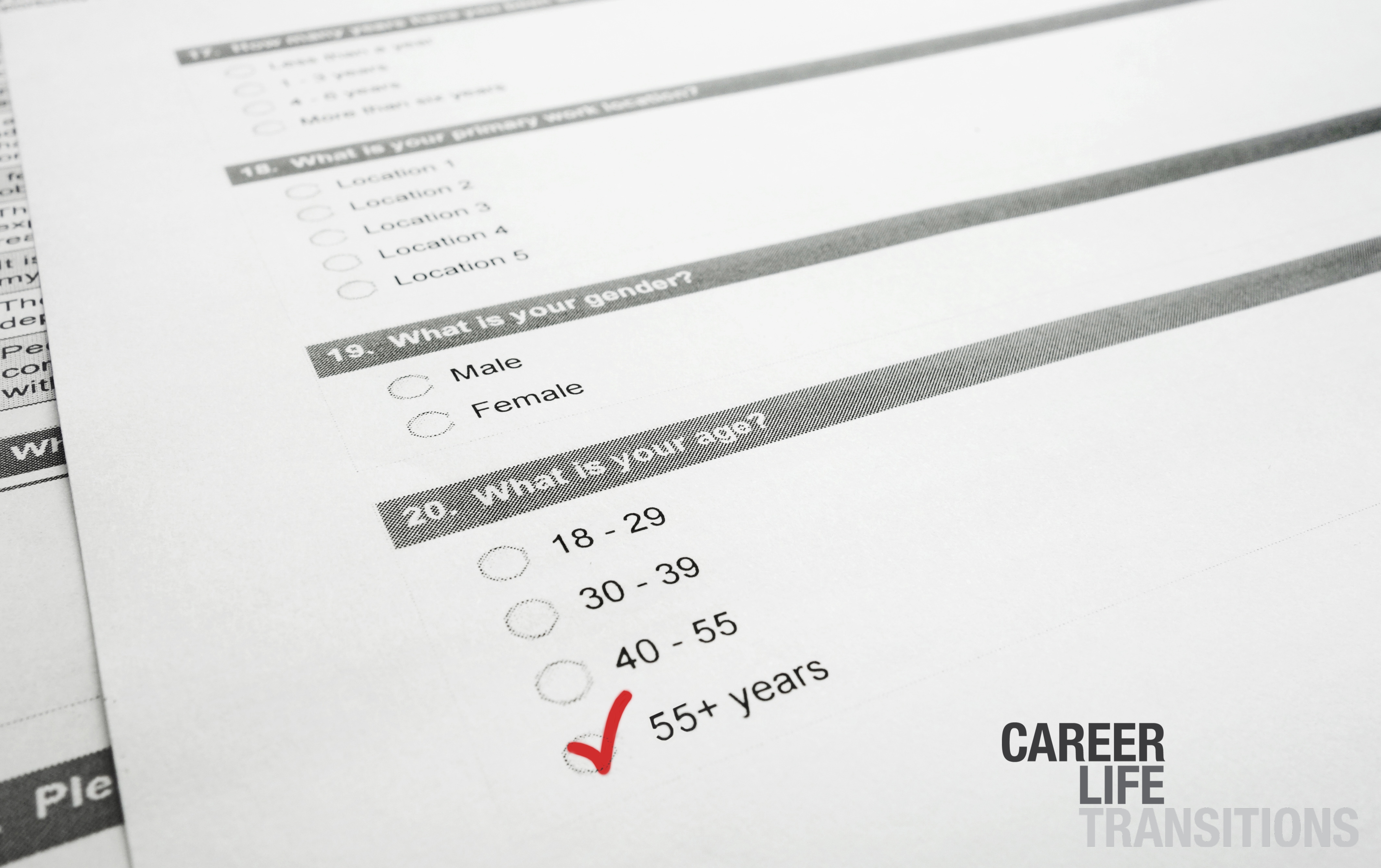The age old question, am I being passively discriminated against because of my age?
Well the answer is yes and no. For some people it will be an issue, for other people it isn’t. I can build a case either way.
I think at some stage we have all felt we have been discriminated against for one reason or another, whether it be religion, gender, age, race, the list goes on. The more important question is regardless of whether I feel I may be discriminated against, what are the positive things I’m doing in my job search.
For starters, going into a job search feeling that you may be discriminated against is a mindset that will do you no favours and is most likely going to be detrimental to your job search efforts. When I’m asked the question about discrimination I routinely reply, “Knowing the answer to that question is irrelevant; you need a job right?” and that’s the truth of it.
Focusing on accessing your network
and using references and connections for recommendations
can quickly break down any discrimination barriers.
Getting a personal reference from a colleague can open doors for you that you may think would be closed. Everyone is looking for good people and good people don’t always stand out when you’re comparing two resumes. But personal references are one of the strongest search aids you can have.
Secondly,
pulling together a great list of achievements and outcomes as part of your presentations
will really highlight the experience you can bring to a role.
Don’t talk about job activities, speak about outcomes, value adds and your value proposition.
Mick was 60 when he came to us after his role was made redundant. I told Mick that if he could make 100 new contacts in 100 days he would have his perfect job.
Then we turned to his resume and LinkedIn. He admitted to me that he was a little sceptical about LinkedIn, but we built a great profile anyway, focusing on his outstanding achievements and stellar career.
The next time I met with Mick he proudly announced that by the time he got to 24 new contacts he was about to interview for his ideal job.
We worked on interview skills and how to engage his potential employer. By the next meeting Mick had successfully interviewed and been offered the job, and the offer was $30,000 more than he was previously earning. Needless to say Mick was over the moon.
He admitted to me that his work on networking and the LinkedIn profile was key in securing his new role.
Yes, there is discrimination out there, from all kinds of personal prejudices, but focusing on what you can positively influence and recognising, but not wasting time, on what you can’t will make all the difference.
Talking to a qualified Career Coach at Career Life Transitions can help you walk through the questions and answers of career change and/or job search. It may actually be easier than you think. Contact us for a confidential career conversation….
Career Life Transitions has extensive experience in skills assessment, leadership development, organisational restructures and organisational cultural assessment and development. For further information, how we can help transform your business and it’s people, please contact us.
About the Author

Peter James is a professional career coach, with expertise in the areas of strategic and ‘hands-on’ change management, coaching, group facilitation, leadership development and organisational design and change. Peter James is director at Career Life Transitions.














Dr Susan Roberts says: